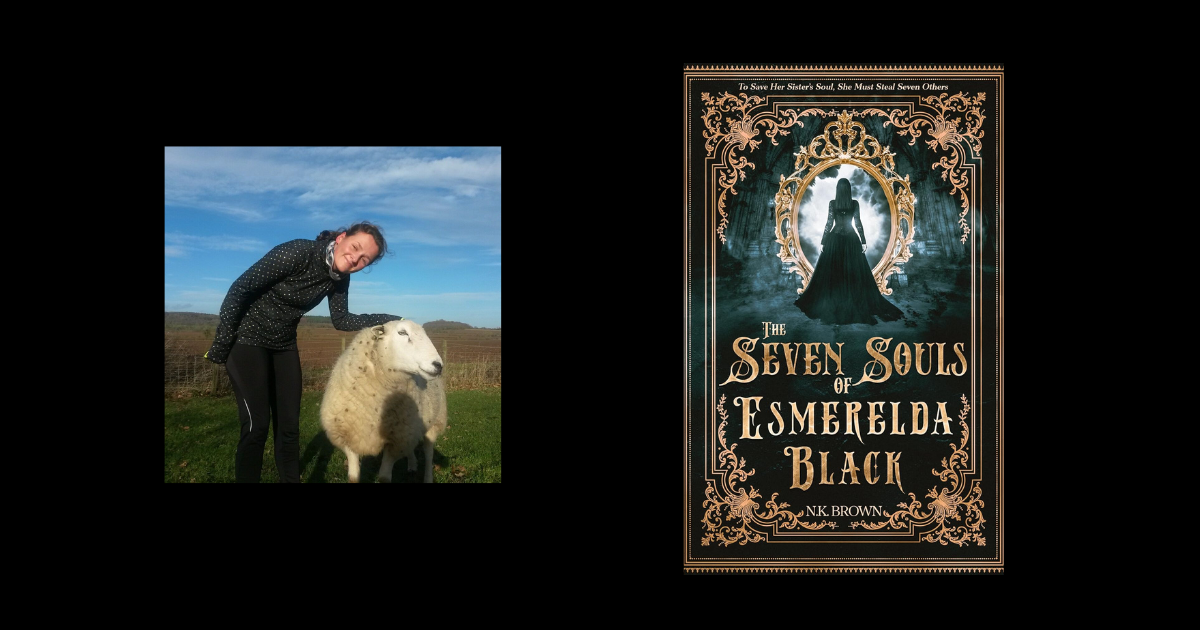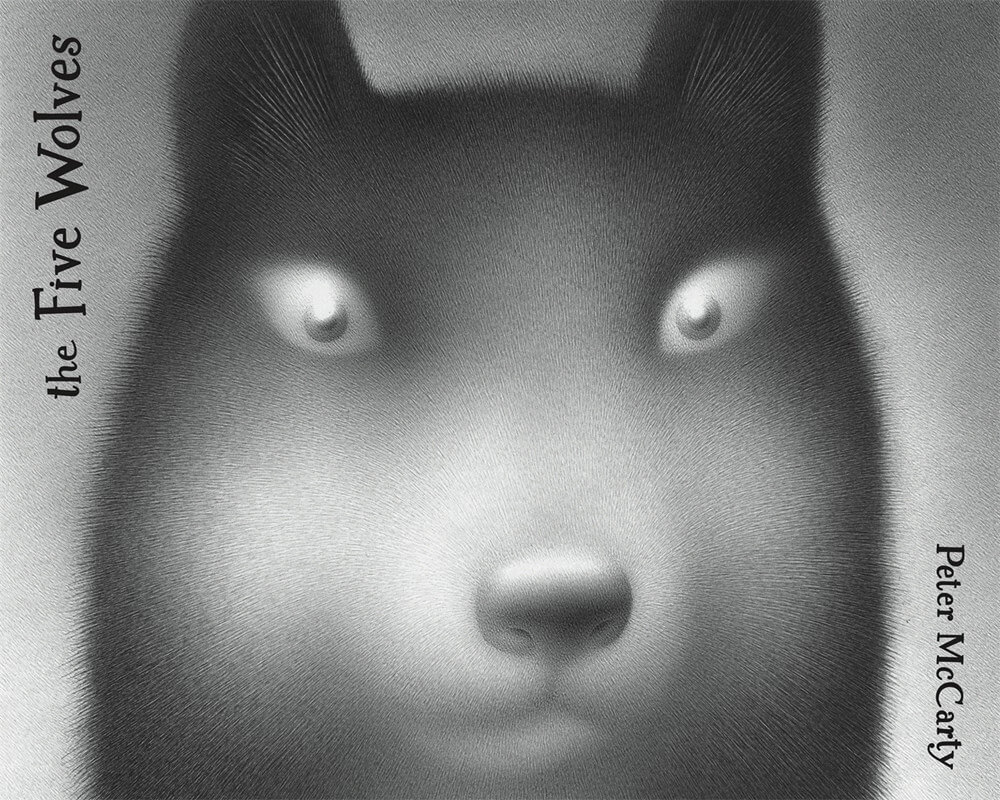It’s hard to fathom just how devastated London was in the 1940s and early ’50s by the physical and psychic impact of World War II. As late as 1953, Britons still were required to use food rationing coupons. But there were some distractions: In June of that year, Queen Elizabeth II’s coronation brought pageantry and hope to the nation. Ten days later, serial killer Reg Christie went on trial for murder, drawing almost as much attention.
Veteran author Kate Summerscale, known for historical crime narratives including 2008’s The Suspicions of Mr. Whicher, adeptly recreates that intriguing chapter in British history in The Peepshow: The Murders at Rillington Place, a reconsideration of the Christie case—and its one enduring mystery.
The basic facts are undisputed: Christie, an unprepossessing man with a record of small-time crime, killed at least six women, including his wife, and hid their bodies in or near his flat in London’s Notting Hill neighborhood. Bizarrely, the building Christie lived in, 10 Rillington Place, had been the scene of two other murders in 1949. Tim Evans was hanged for the murder of his wife and baby daughter, even though he claimed Christie was the killer. Had the Evans execution been a horrific miscarriage of justice?
Summerscale brings a fresh spin to the story by telling it through the experiences of two sharp contemporary observers of the “peepshow.” One, Harry Procter, was a Fleet Street reporter; the other, Fryn Tennyson Jesse, was a crime novelist who also reported on legal proceedings. The male journalist and female writer had little in common except tenacity and growing skepticism about the British legal establishment’s dogged claim that Evans was really guilty.
Summerscale immerses us in their world, where unethical journalism shenanigans were the norm and a respected author dismissed victims as “poor little tarts.” Summerscale is candid about the sneering sexism and racism of the period, when police didn’t look very hard for missing unwed mothers, and prominent jurists openly denigrated Christie’s Black immigrant neighbors.
Delving into records of the British National Archives, Summerscale has unearthed new evidence: a previously suppressed document and letters related to the Evans case. Do we now have a solution to lingering questions about the Evans murders? It certainly seems possible.


















